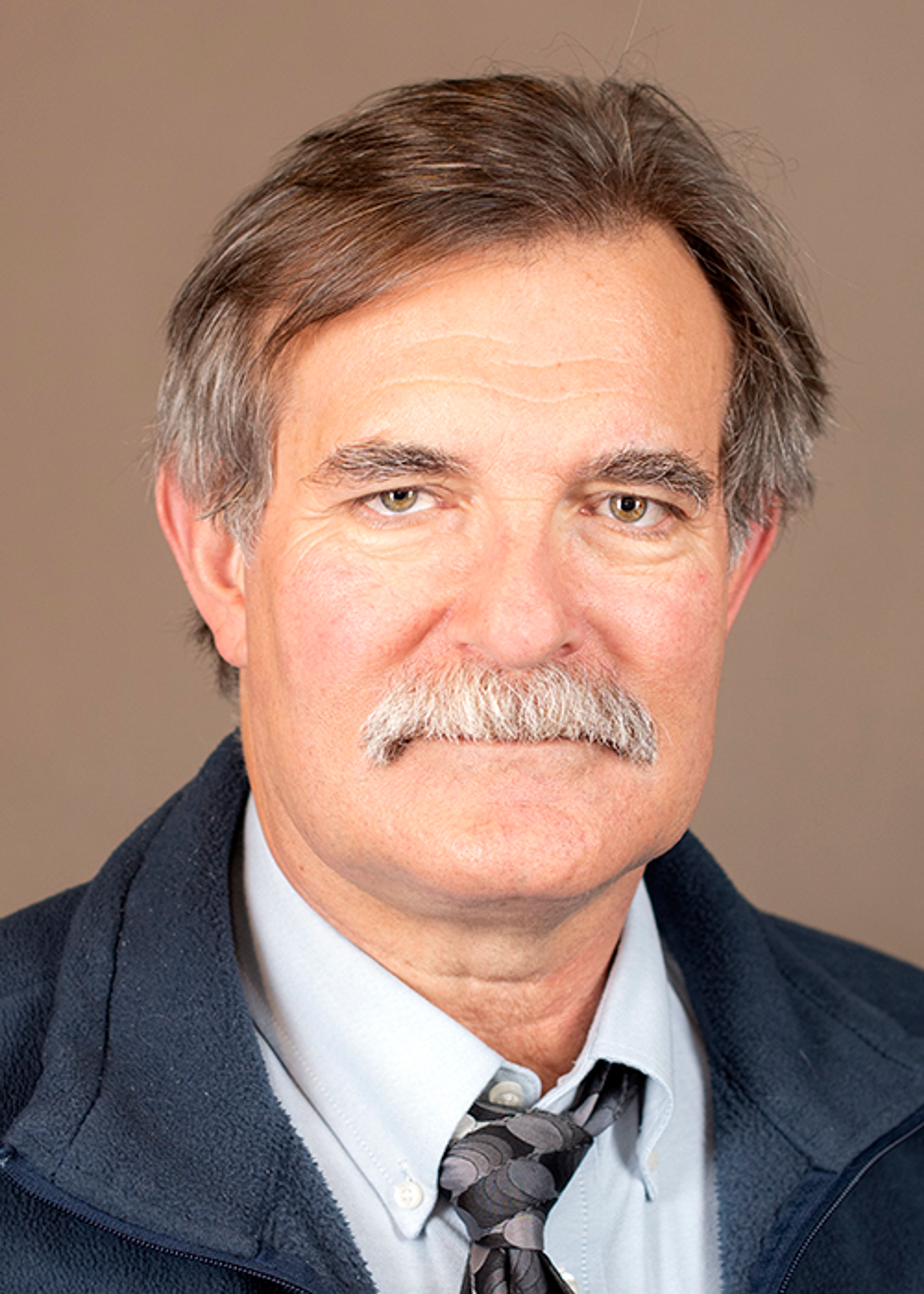Hardly a mandate
After weeks of constant bombardment by every talking head and news outlet in the country and the expenditure of millions of dollars, it’s finally over. We all saw the lines of freezing but dedicated Republicans waiting to vote in the Iowa Caucus.
The “Trumpeting” about his fantastic caucus victory by “the Donald” has started. He got 51% of the vote. Impressive? Let’s look a little beyond the percentages. There are 719,000 registered Republicans in Iowa, but only 15%, or about 108,000, voted in the caucus. Trump won with a total of 56,260 votes. That’s only 8% of the total Republicans in Iowa. Another perspective? Trump won with the support of 9,000 less people than the combined populations of Moscow and Lewiston. The Iowa Caucus is a great example of “minority rules.” Aren’t you glad we spent so much time with the cornhuskers? Now Iowa can go back to sleep for another four years, but hold on, the Idaho Republican caucus is right around the corner on March 2.
Earl H. Bennett
Genesee
American compassion
In regard to “What has happened to American compassion?” (Becky Tallent, Jan 13-14), it is a great question and the answers are multifaceted, complex, and yet, solvable. Broadly, the there has been population growth and the resultant realization that we have to get along and that we are doing a pretty poor job at it; growth in employment has not matched growth in population; and there is a continued skewed accumulation of wealth (both a product of and cause of the first reasons.) Some people would include religious differences and use religion as an excuse for poor to extreme behavior, but for this question, I consider these part of the reasons above.
Whilst many people behave beautifully in the face of horrendous situations; day-to-day, people are more compassionate, in all its forms and behaviors when they perceive that it makes a difference and they’ll basically get treated the same. When people are better off (that is they have some type of employment that provides dignity and at least a reasonable standard of living) they tend to behave better.
When I was a child, the world and U.S. population was about half of what it is now. There certainly was disparity of wealth, and lack of meaningful employment for all, but it was not so extreme as now. We simply have not changed our philosophies about how to live in concert with the rapid increase in population. In the words of the great philosopher, Jean Luc Picard: “The acquisition of wealth is no longer the driving force of our lives. We work to better ourselves and the rest of humanity.” As we examine the details of the lack of compassion, this has to be a major point of improvement.
John P. McNamara
Pullman







